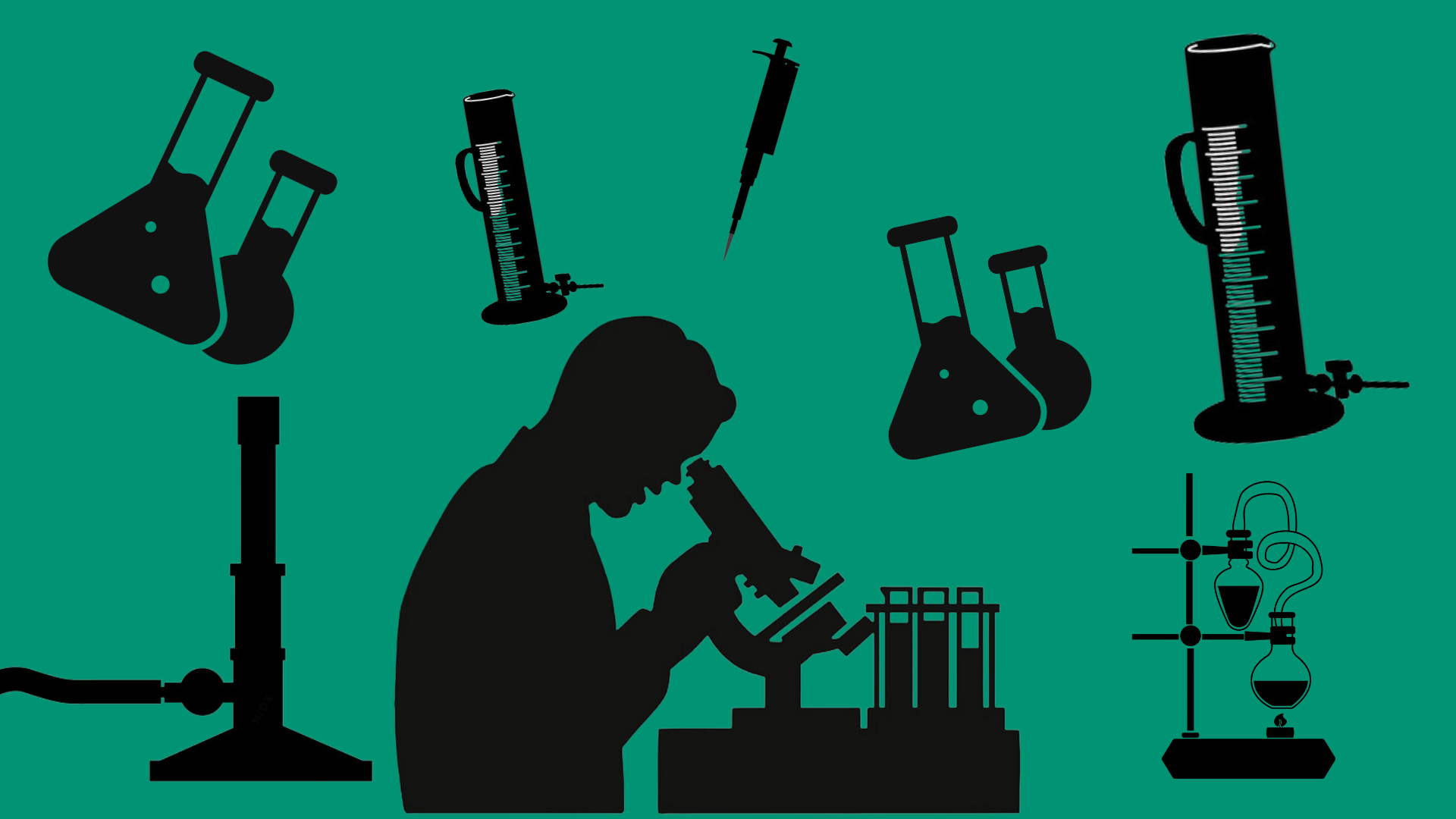USF has the dual accreditation of being ranked as an AAU university and an R1 university – a doctoral university with high research activity – as of May.
Despite this classification, USF students have reported difficulty obtaining lab opportunities on campus – something they believe is extremely important for their potential careers.
College students who participate in lab studies earn better grades, are more likely to graduate and are better equipped for their career or graduate school, according to a Sept. 27 U.S. News report.
The challenges USF students face stem from finite lab resources and limited knowledge on opportunities available.
Associate Dean of the Office of Research and Scholarship Randy Larsen said research experience is important when looking for employment after college.
“Because what undergraduate research provides, and particularly because we are an R1 and…now an AAU university, is that students have an opportunity to work with faculty that are at the cutting edge of whatever their discipline is,” said Larsen in an Oct. 3 interview with The Oracle.
“So these are people that are kind of setting the field. And so when you have an opportunity to work in a lab like that, you’re getting to look at the kinds of problems they’re working on. You’re getting to understand how the research enterprise really works.”
It’s important that STEM students have lab opportunities during their undergraduate career to best prepare them for the professional landscape. An exhaustive lab mentor directory such as a clearinghouse, plus a few streamlined points of contact such as research directors at the university could help students and faculty alike in connecting to foster research-based relationships.
The process of lab volunteering usually entails inquiring with professors to see if they are conducting research, and if not, researching and contacting lab mentors in respective colleges. It’s been increasingly hard for students to connect with professors and mentors to secure a spot as a volunteer in one of the labs on campus, from behavioral assessments and population surveying to neonatal microbiome sampling.
The Oracle conducted a survey of 38 students on Oct. 2 seeking to understand STEM students’ attitudes toward lab accessibility. It surveyed respondents of varying degree levels, with the majority being Biomedical Sciences/Biology majors, followed by Health Sciences, Cell and Molecular Biology, Psychology/Behavioral Sciences, Chemistry and Engineering.
Students were asked to rank their thoughts on resource provision and accessibility on a scale of 1-10, with 1 indicating that labs are not important for career experience, are easy to find and that USF’s resources are ineffective, and 10 being that labs are extremely important for career experience, extremely hard to access, and USF has done an effective job of providing resources to students.
Notably, 40% of these students ranked undergraduate research experience as extremely important to their potential career, and 58% noted that it was relatively hard or extremely hard to find volunteer research experiences, with professors or otherwise.
When asked about the school’s effectiveness in the provision of resources and raising awareness of such opportunities, 21.1% ranked it as a 2 in effectiveness and 17.1% ranked it a 3 in effectiveness. There’s a lot of work to be done to aid students in obtaining valuable research experiences they feel is necessary for their career.
USF provides few resources on its undergraduate research website. The website acknowledges challenges with finding a mentor through USF’s research portal, which aims to match students with opportunities that best align with their needs. As valuable of a resource as this is, more outreach needs to be done to make students aware of resources like that, especially based on the data obtained in the survey.
Although opportunities are available, Larsen said there is no consolidated medium where students can scan a large directory of opportunities.
“We don’t really have a central clearing house for identifying research labs, but every department typically has a mechanism to do undergraduate research for credit,” said Larsen.
Some students said finding relevant lab experience has been a struggle, mentioning exclusivity and degree limitations.
“Because most [labs] are for graduate students, there are none for undergraduates. They want people in pharm school,” said senior Health Sciences major Gabriella Pardo in an Aug. 17 Oracle interview.
Larsen said he believes laboratory access should be exclusive and competitive, because “there’s a limit to resources that are in the lab.”
It’s important to distinguish research based on education levels in order to allow more qualified students to work on complex projects. However, undergraduates should have access to an equal number of labs as graduate students with the same majors or interests.
A prominent research advisory board composed of undergraduates, graduates, PhD candidates and professors can solve this issue. This board could hold workshops for undergraduates that give them more lab opportunities and shape them for future careers in STEM.
Laboratory opportunities are essential for being a well-rounded employee in STEM and should be more accessible to students at an institution like USF that has cutting-edge resources. Promoting, advertising and educating students more about such opportunities ensures that graduates are best prepared for a professional environment and have the skills to maintain a successful career.
Credit: Source link




